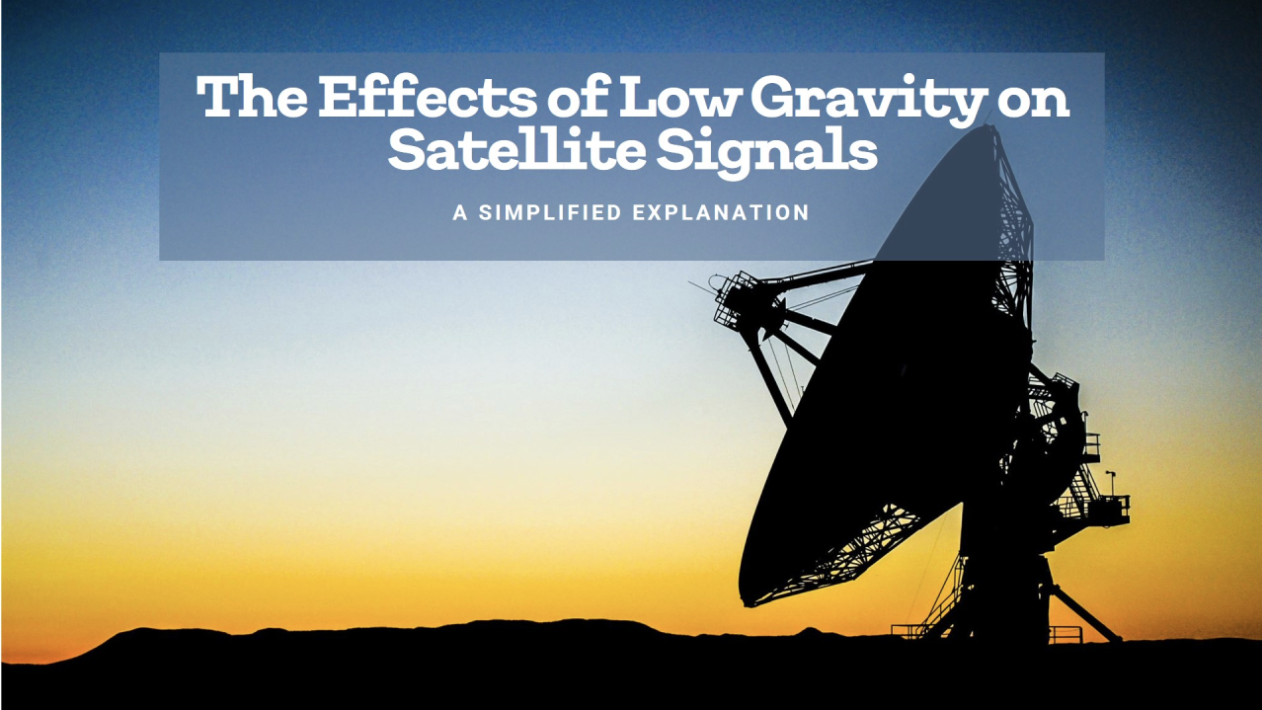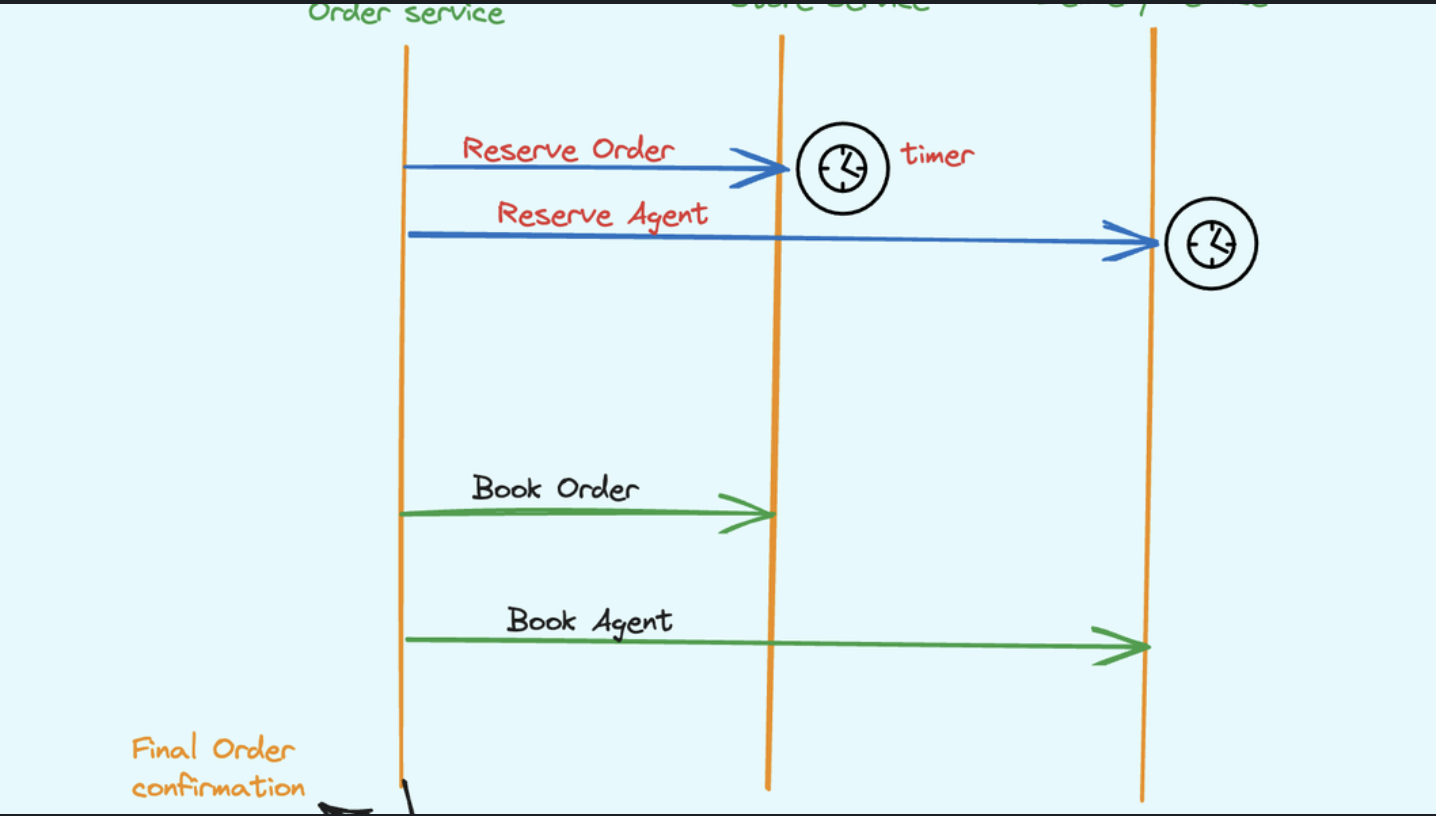Ever wondered why your GPS sometimes goes haywire or your satellite TV gets fuzzy? The answer might be floating right above your head. Low gravity environments, particularly in the region where most satellites orbit Earth, can play some seriously weird tricks on the signals we rely on every day. Let’s break down this cosmic phenomenon in a way that won’t make your head spin.
The Gravity-Signal Connection: It’s All Relative
First things first: gravity isn’t just about keeping your feet on the ground. Einstein figured out that gravity actually warps space and time itself. When we’re dealing with satellite signals, this warping becomes more than just a cool physics fact – it becomes a real problem we need to solve.
Think of it this way: imagine you’re trying to throw a paper airplane across a room. Now imagine trying to throw that same plane in a room where the air is moving in strange, unpredictable ways. That’s kind of what’s happening to satellite signals as they travel through space where gravity is weaker.
Why Does Low Gravity Matter?
Here’s where things get interesting. Satellites orbit Earth in areas where gravity is significantly weaker than what we experience on the ground. This difference in gravity affects signals in three main ways:
-
Time Dilation Remember that Einstein thing we mentioned? Here’s where it gets real. Time actually moves faster in weaker gravitational fields. For GPS satellites, this means their clocks run about 45 microseconds faster per day than clocks on Earth. That might not sound like much, but it’s enough to throw off your location by several miles if not corrected.
-
Signal Path Bending Low gravity environments affect how straight a signal can travel. Just like light bends when it passes through water, satellite signals bend as they pass through areas of different gravitational strength. This bending effect means the signal might take a longer or shorter path than expected.
-
Orbital Stability Issues Without strong gravity keeping things in check, satellites can drift slightly from their intended orbits. Even tiny shifts can affect signal quality because these signals need to travel such precise paths to reach their destinations.
Real-World Impact: When Signals Go Wrong
Let’s talk about what this means for your everyday life:
-
GPS Navigation: That moment when your GPS tells you you’re in the middle of a lake while you’re clearly on a highway? Could be a gravity-related timing error.
-
Satellite TV: Those annoying signal dropouts during perfect weather might be caused by orbital drift in low gravity conditions.
-
Weather Forecasting: Meteorological satellites need to account for gravitational effects to provide accurate data.
-
Internet Connectivity: Satellite internet services can experience latency issues due to gravitational time dilation.
How We Fix It
Engineers aren’t sitting around letting gravity mess with our signals. Here’s how we fight back:
-
Atomic Clocks: Satellites carry incredibly precise atomic clocks that are programmed to account for time dilation effects.
-
Mathematical Corrections: Ground stations use complex algorithms to correct for gravitational signal bending.
-
Station Keeping: Regular orbital adjustments keep satellites where they need to be.
-
Signal Processing: Advanced receivers can compensate for many gravity-related distortions.
Looking to the Future
As we push further into the space age, dealing with gravity’s effects on signals becomes even more important. Future technologies being developed include:
- Quantum communications that might be less susceptible to gravitational effects
- AI-powered signal correction systems
- New orbital configurations that minimize gravitational disruption
- Advanced materials that can better maintain signal integrity
The Bottom Line
Low gravity isn’t just about floating astronauts and zero-G somersaults. It’s a force (or lack thereof) that actively affects the technology we use every day. Understanding these effects helps us build better systems and maybe, just maybe, explains why your satellite TV goes fuzzy right before the big game.
Remember: every time you successfully use GPS to navigate to a new restaurant or catch your favorite show via satellite TV, you’re experiencing the triumph of human engineering over one of nature’s most fundamental forces. Not bad for a species that started out just looking up at the stars, right? 💡



